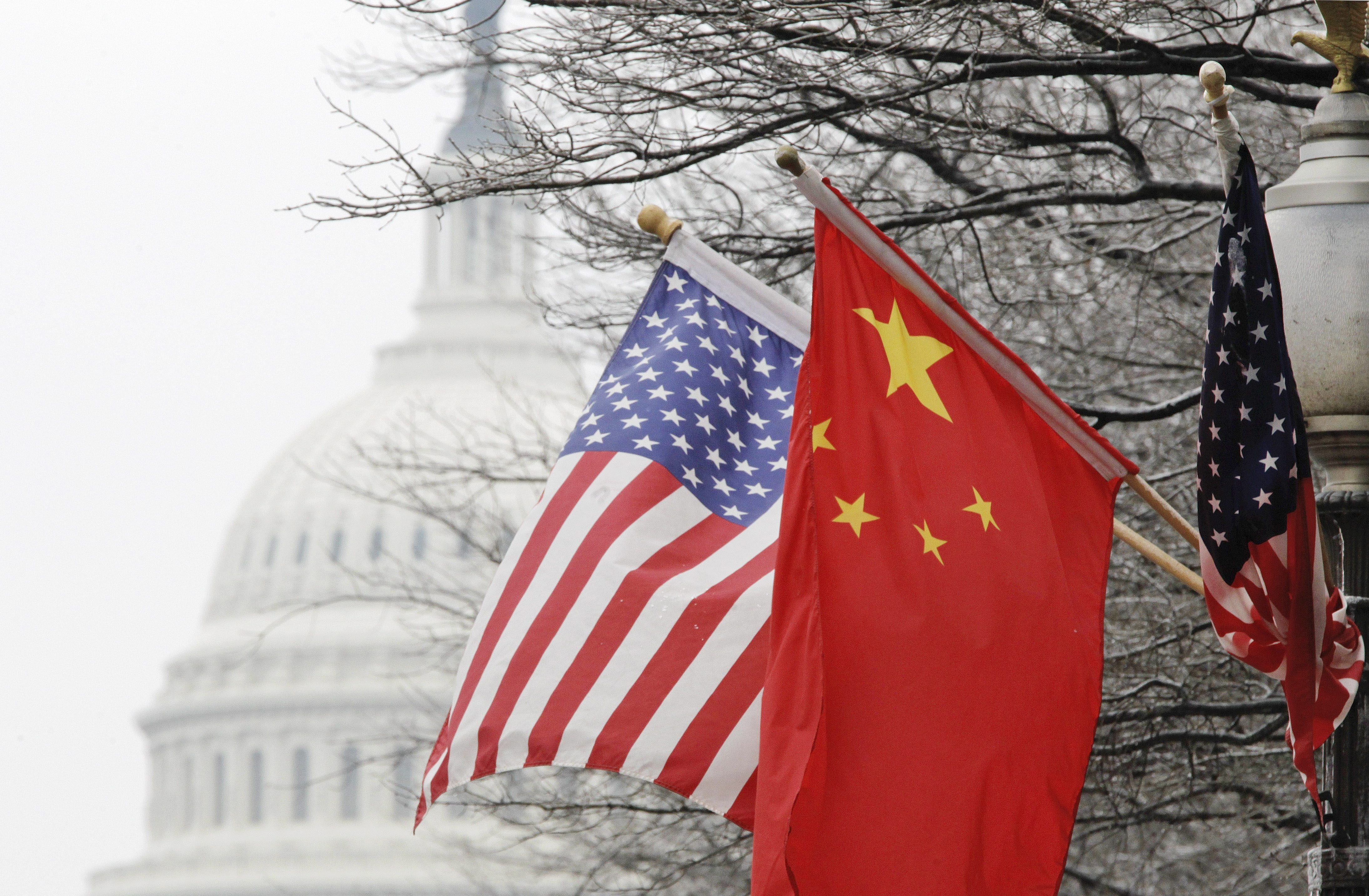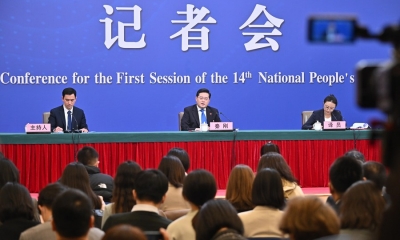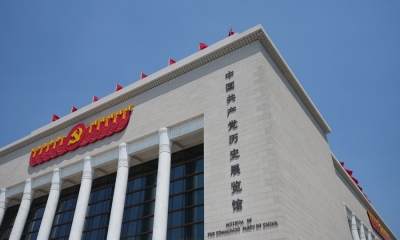Trump and COVID-19: Unilateralism in the Name of Scapegoating China
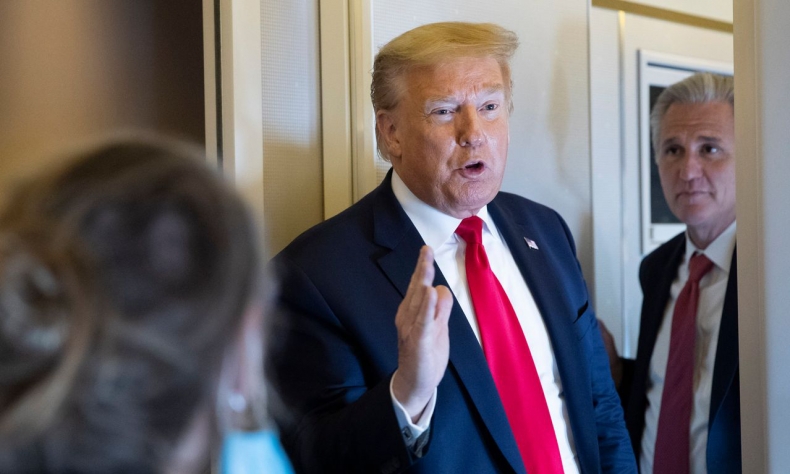
Unfortunately, it appears that Trump and his supporters think that it is easier to make China an adversary rather than reckoning with America’s systemic failings, weaknesses, and vulnerabilities.
The world faces an arduous task in combating the COVID-19 virus. Every nation has been impacted by the pandemic both medically and economically. It is the world’s largest public health event since World War II. But the battle to both prevent and control the epidemic has exposed many problems in international relations and politics – the most prominent being China-US relations.
Given the scope of the crisis, one would hope that we would see increased cooperation and an emphasis on developing a greater consensus within a global governance framework. For the most part we have – with one major exception. Lamentably, that exception is the world’s largest economy and also happens to be both a pre-eminent military and political power.
China-US relations have quickly deteriorated to a level not seen since the days of the Cold War before Richard Nixon’s historic visit to China in 1972. This deterioration could have been avoided had Trump decided to not play his own version of the “China Card.” But unlike Nixon’s “card” in 1972, Trump has chosen instead to play a card that has damaged China-US relations in the name of domestic partisan politics and electoral leverage.
Harsh language and taunts from the Trump Administration toward China are an almost a daily occurrence. While we could attribute much of this to the US presidential election campaign and Trump’s concerns about his re-election, such rhetoric creates a concern that the snipes could lead to something more serious in areas such as trade and in places such as the South China Sea. Sadly, Trump’s Sinophobic strategy of being tough on China resonates well among Americans – particularly those who are eligible to vote. Americans overall have negative views of China’s handling of the COVID-19 pandemic. This is especially prevalent among Republicans, according to a Pew Research survey released on May 26.
During the past few months, Trump and his advisors have moved from their initial allegation that China suppressed information on the virus to a fanciful claim regarding the origins of COVID-19 in Wuhan Virology Lab to an even more audacious charge that the Chinese government deliberately spread the disease out into the world. In what way is this approach productive in fighting a pandemic? Blaming China, blaming anyone, for a virus that was first identified in China but may not have even originated in China, is a fool’s errand and extraordinarily detrimental to promoting China-US cooperation on scientific research to fight COVID-19 and develop an effective vaccine.
The Trump Administration’s politicization of the COVID-19 pandemic is particularly concerning. His emotional approach, while it plays well domestically, damages the United States’ reputation and does nothing to help address alleviating and overcoming the impact of the COVID-19 pandemic. Blaming China is also an ineffective method for advancing America’s national interest. It’s like fanning the flames while simultaneously condemning the fire.
Simply stated, Trump’s harsh rhetoric, threats, and punitive policies are undermining America’s national interests – interests that he purports to be pursuing. Scapegoating China undermines the US’ historical role as a global leader, places an uncomfortable spotlight squarely on the Trump Administration and its inadequate response to COVID-19 when it first broke out in the US, and reinforces the notion that the US is engaged in both unilateralism and neo-isolationism. This is disastrous at a time when the world is in serious need of an engaged US that is ready to offer its expertise, power, and resources to collectively confront this global crisis.
Ideally, dissipating the harsh rhetoric in favor of a cooler and more rational diplomatic approach that would lower China-US tensions and restore a greater sense of cooperation in the world’s most important bilateral relationship would be at the top of any US President’s agenda. It would definitely be preferable to the continued scapegoating of China and threats to permanently slash WHO funding in the middle of a pandemic. However, it is naïve to expect that there will be any sort of reversal of the Blame China rhetoric by Trump and his supporters in the near future. What we will likely see instead is more of Trump’s I-can-only-win-if-you-lose mentality.
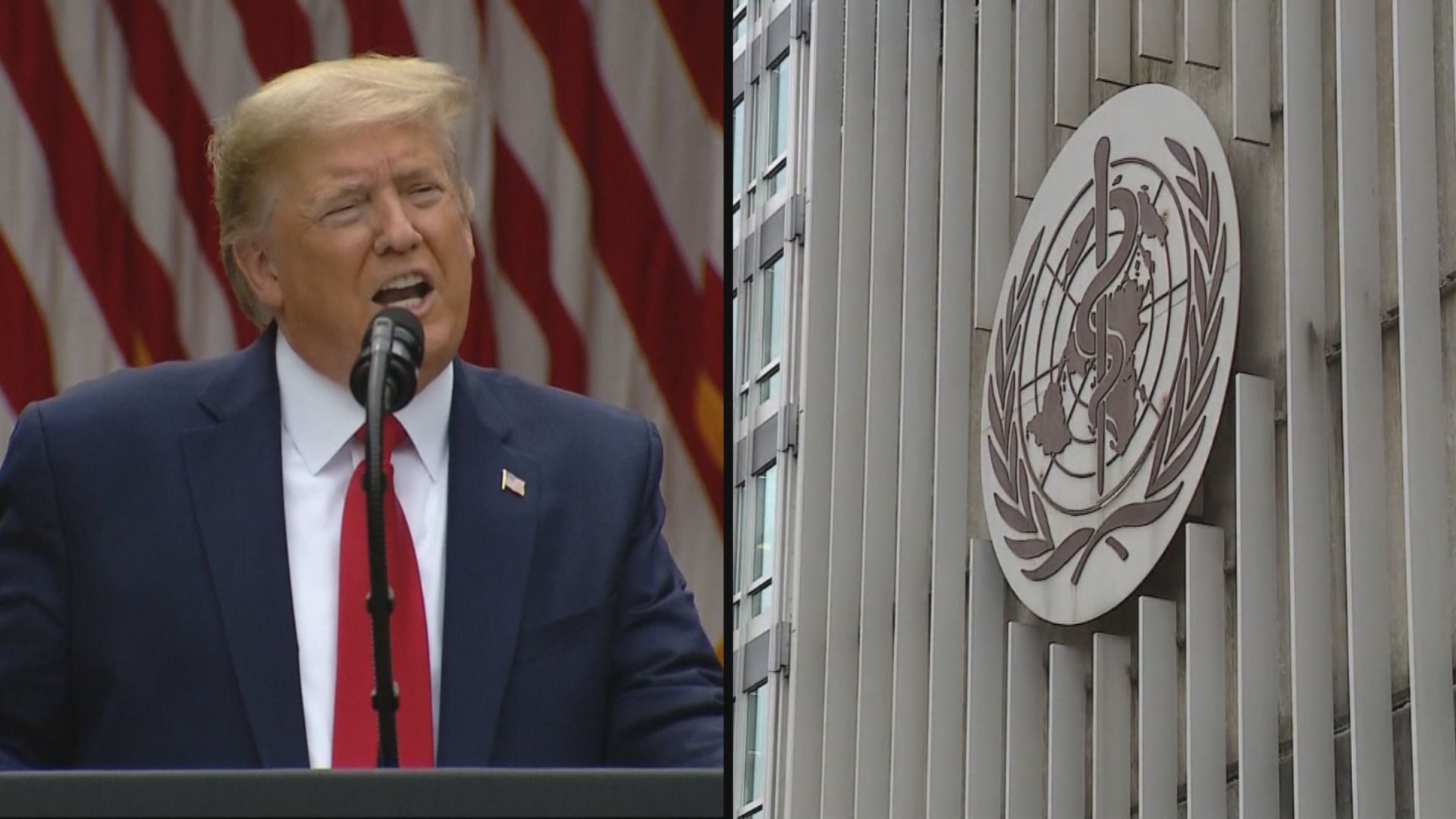
While Trump’s views on China often appear to be related to his neo-isolationist obsession with US trade imbalances and his idea of America’s place in the world, top people in and around his administration such as Vice President Mike Pence, Secretary of State Mike Pompeo, and economic policy advisor Peter Navarro have become some of Trump’s primary ideological point people on China. They appear more than happy to lay out an American foreign policy strategy that aggressively aims to overturn a number of bilateral and multilateral agreements and global institutions in order to somehow impede China. This strategy was evident when Trump advisor Peter Navarro predicted in a recent US television interview this past week that the US presidential election will be ”a referendum on China.”
Regrettably, current US foreign policy on China under Trump appears to be centered on a faulty view of global reality. China is not the former Soviet Union. US unipolarity is dead and gone. And there has been no “Chernobyl moment” in China because, with the exception of some early local government mistakes, it handled the COVID-19 pandemic with swiftness and firmness. While the US banned flights and suffered acute shortages of essential supplies as it saw an ever-increasing number of infections and deaths, China became a global supplier of these necessary materials to fight the pandemic.
Yes, China is a challenge for the US (as the US is for China), but hardly anything close to the greatest or most urgent threat, as recent events have painfully highlighted. Unfortunately, it appears that Trump and his supporters think that it is easier to make China an adversary rather than reckoning with America’s systemic failings, weaknesses, and vulnerabilities. Any competitive approach with China cannot succeed without fixing what is broken at home. US rhetoric against China is purely political, protectionist in nature, and fatally flawed. Trump launched a propaganda war during the middle of a global health crisis with accusations against China that had little proof or reasoning. As the COVID-19 pandemic has made painfully clear, engaging China should be about shared economic advantages and addressing global issues, not changing anyone’s political system.
Chinese Foreign Minister Wang Yi may have said it best when he noted at a press conference during this year’s Two Sessions – the annual plenary meetings of NPC and CPPCC – that “What China and the United States need to do the most is to first learn from each other and share their experience in fighting against the epidemic, and help each country fight it.” I could not say any more but agree with him.
 Facebook
Facebook
 Twitter
Twitter
 Linkedin
Linkedin
 Google +
Google +
